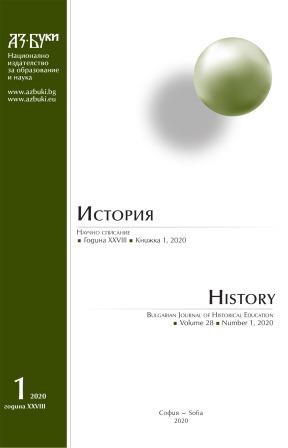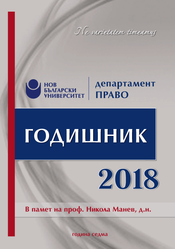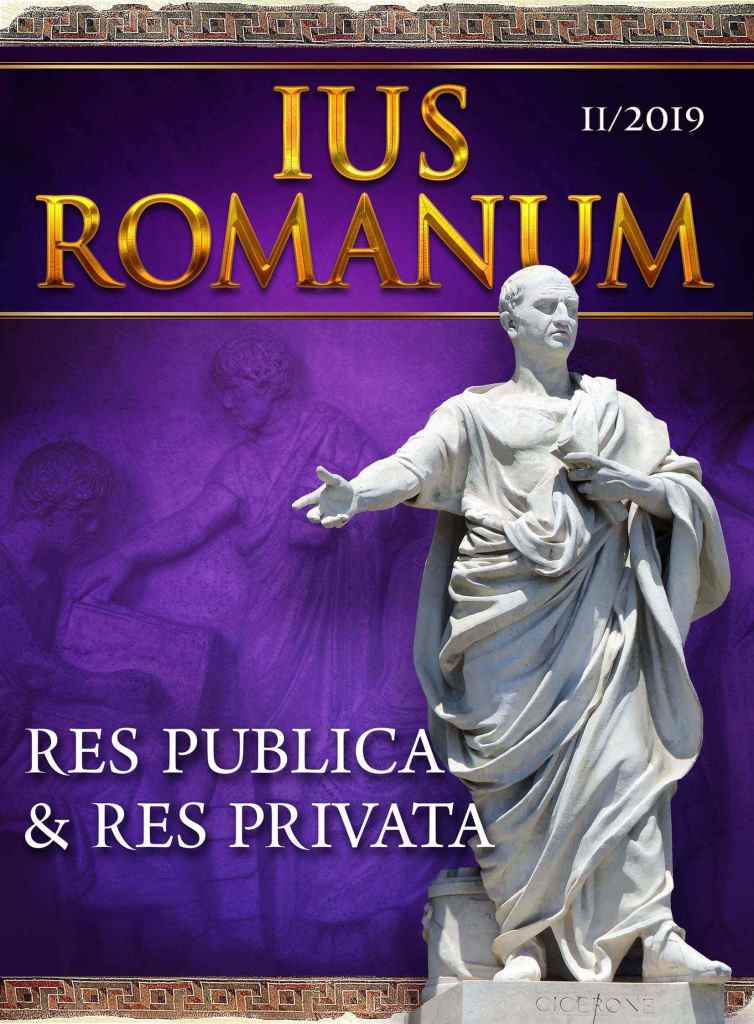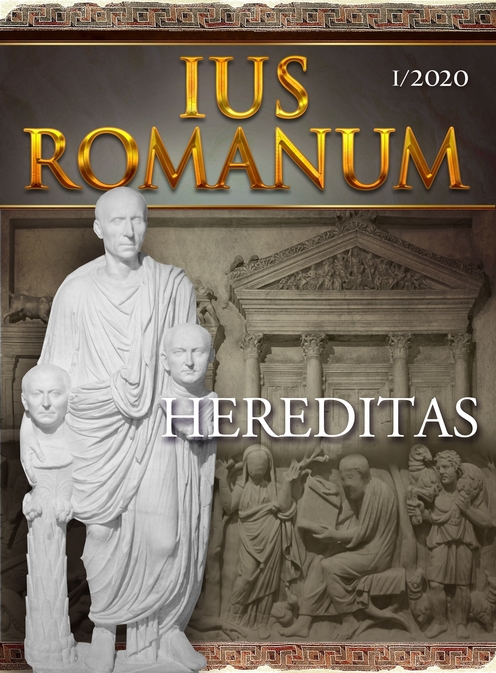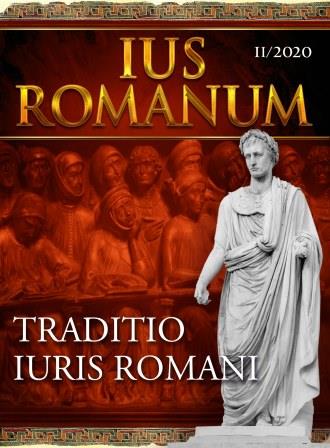
Étude comparative entre la Mairie de Paris et la Mairie de Bucarest concernant la transparence et la participation citoyenne à la prise des décisions publiques
The article has been withdrawn. Transparency is often associated with the terms of democracy and political governance. Looking back in the Greek ancient school of thinking, the governance has supposed fixed and previsible rules. In the 18th century, the philosophy of Lumière brothers resumed this idea in the context of liberal conceptions’s development. In the economic field, Adam Smith is the author that uses clear rules in the opposition with the discretionary power. Jean Jacques Rousseau used one of his masterpiece ’’The Social Contract” advocating for an impressive openness of public affairs. Tranparency will become a common subject once the modern state is made, giving his citizens the power of governance. In the late ’80’s, USSR brings into discussion the transition through Mihail Gorbaciov proposals, called ”Glasnost” for publicity and ”Perestroika” for recontruction. In the second part of the 20th century, we see a lot of authors (Chevallier, Sitglitz, Cottier, Passquier, Meilland) debating for a transparent administration because this one becomes the centre of the policy maker process.
More...
